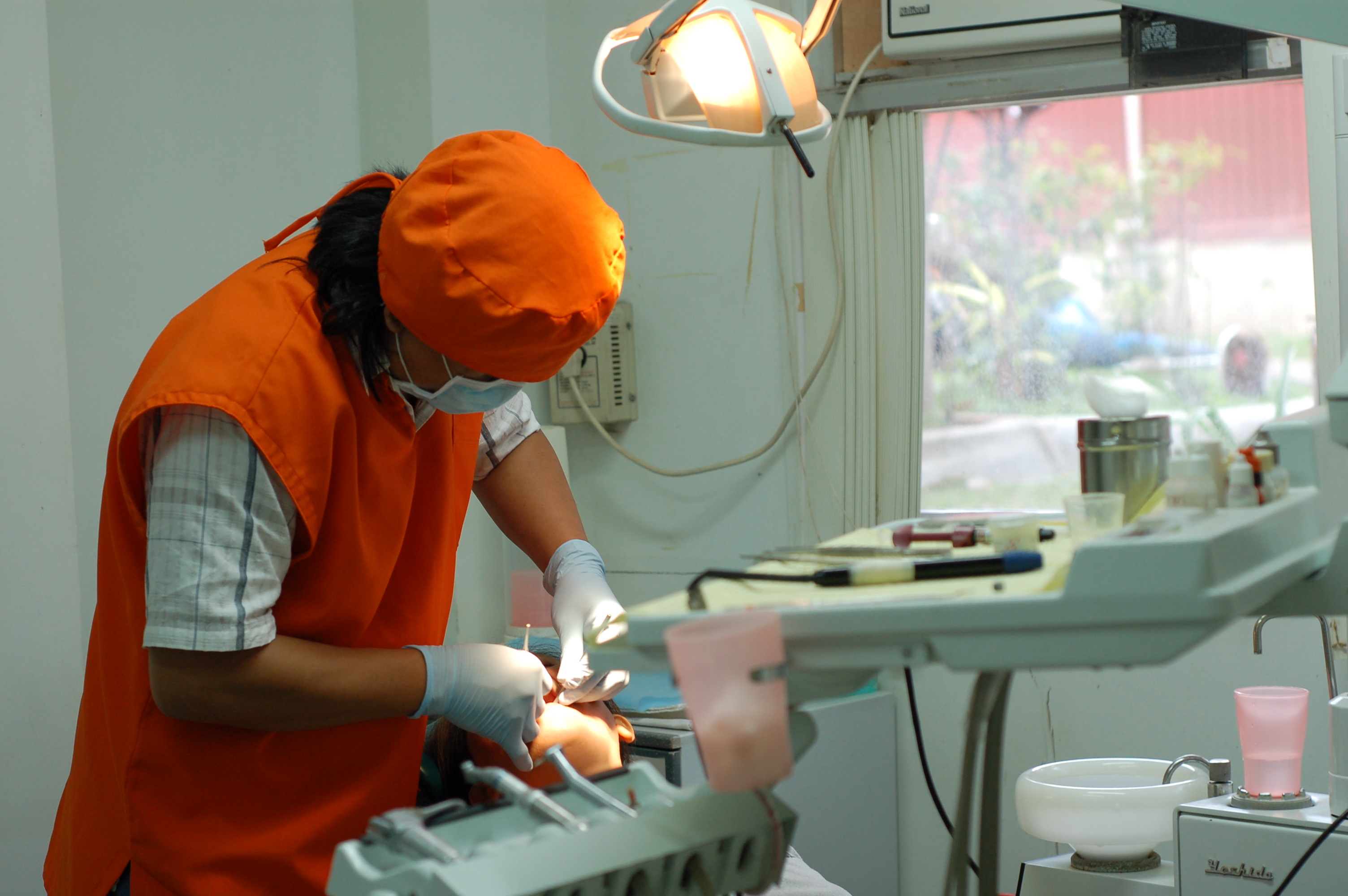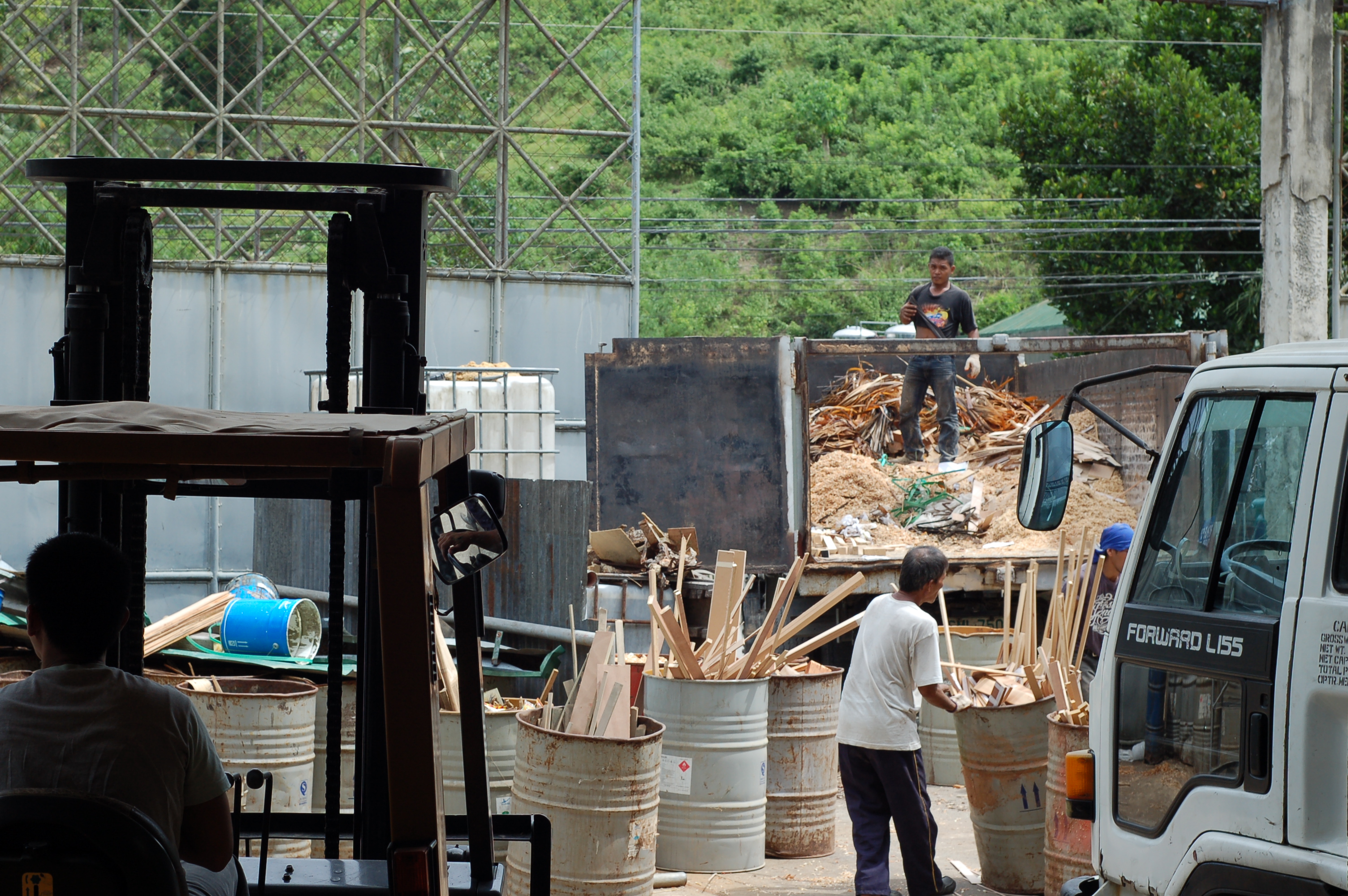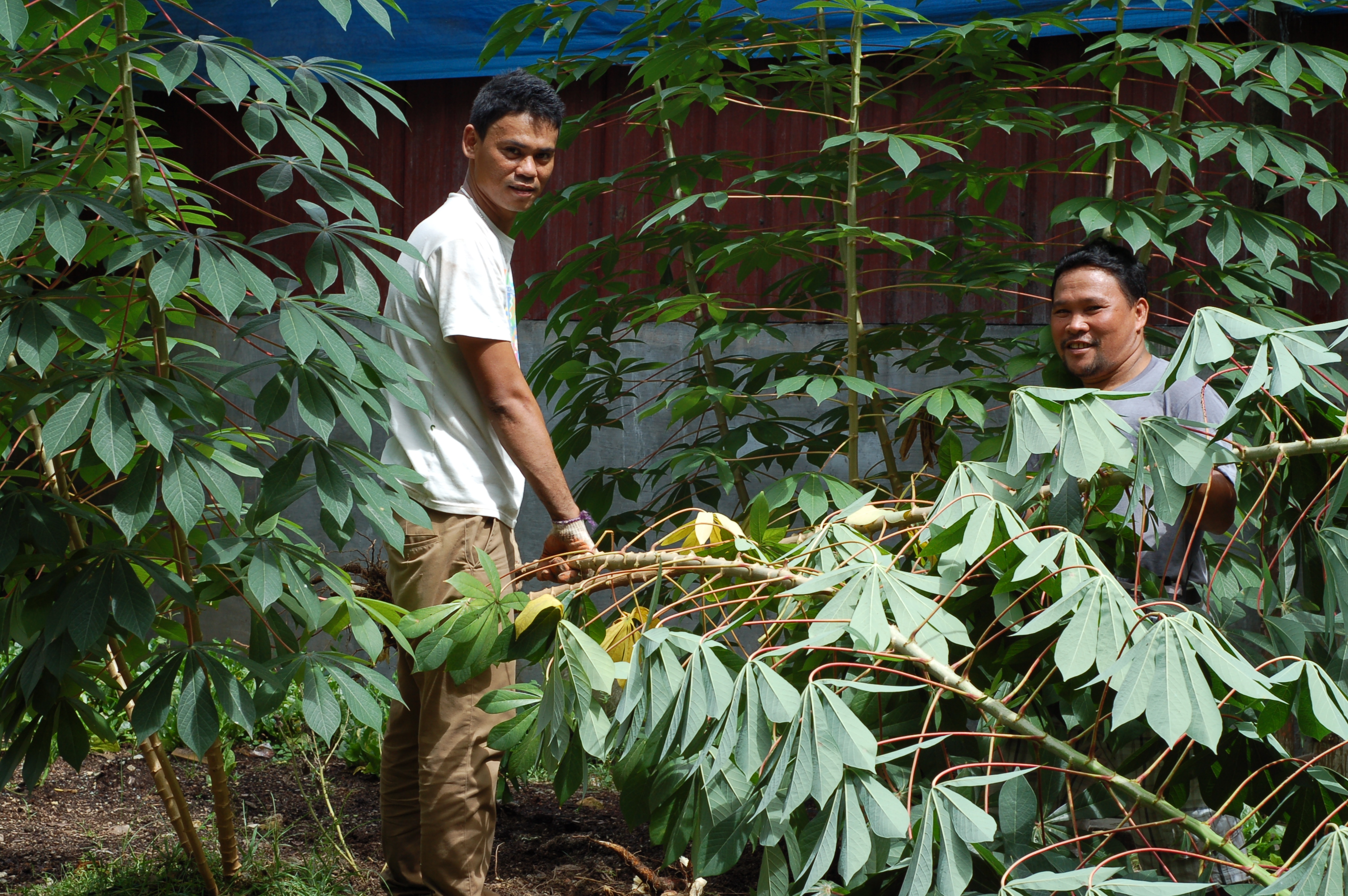One of Mehitabel’s core values is sustainability. But it is not enough to use the term – a Company who commits to sustainability must also define it.
To Mehitabel, sustainability means creating and sustaining processes where humans and nature are in harmony so as to fulfill the social and economic needs of the current generation and future generations.
Mehitabel practiced sustainability before it became a popular buzz-word and marketing tool. Our founder, Maria Montenegro Aboitiz, began her furniture business with the goal of developing and training unskilled Filipinos so that they could have gainful employment and their lives could be uplifted. As a testament to her commitment, many of Mehitabel’s current employees are sons, daughters and grandchildren of the first craftsmen, resulting in generations of furniture makers. Many of Mehitabel’s employees have been able to provide high school and college educations to their children.
Today, Mehitabel is one of few manufacturers who pay the required government wages and benefits to all craftsmen. The employee benefit package includes 13th month pay, 2 weeks paid holiday leave each year, 2 weeks of sick leave, and retirement benefits. During her tenure, Josephine Aboitiz Booth carried forward her mother’s commitment to sustaining our craftsmen by establishing an on-site medical and dental clinic and employer sponsored health care plan. The plant is designed and operated to minimize and eliminate the negative health effects which naturally occur during the furniture manufacturing process. A dust collection system absorbs the majority of the sawdust generated by the manufacturing and employees are provided safety equipment when necessary. Fire safety is a primary concern. A fire suppression system is installed in the plant, with marked fire exits, a fire safety team and an evacuation plan in place. The plant is inspected and permitted annually by the Philippine Department of Environment and Natural Resources which regulates all discharge and refuse.
Early in her career, Josephine Aboitiz Booth recognized the fragility of the rainforest and rattan’s dependence on the forest, and was an early champion of logging regulations and export guidelines to restrict the wholesale destruction and export of the Philippine forests. Today, the Philippines is engaged in an aggressive campaign to replant its forests. This campaign is supported by Mehitabel in a number of ways.
Mehitabel buys its materials from legally sourced suppliers, and uses farmed and renewable materials when available. Mehitabel is committed to a zero-waste production cycle, and all plant waste is recycled or repurposed. All discharges from the plant meet or exceed the Philippine Department of Natural Resources requirements.


